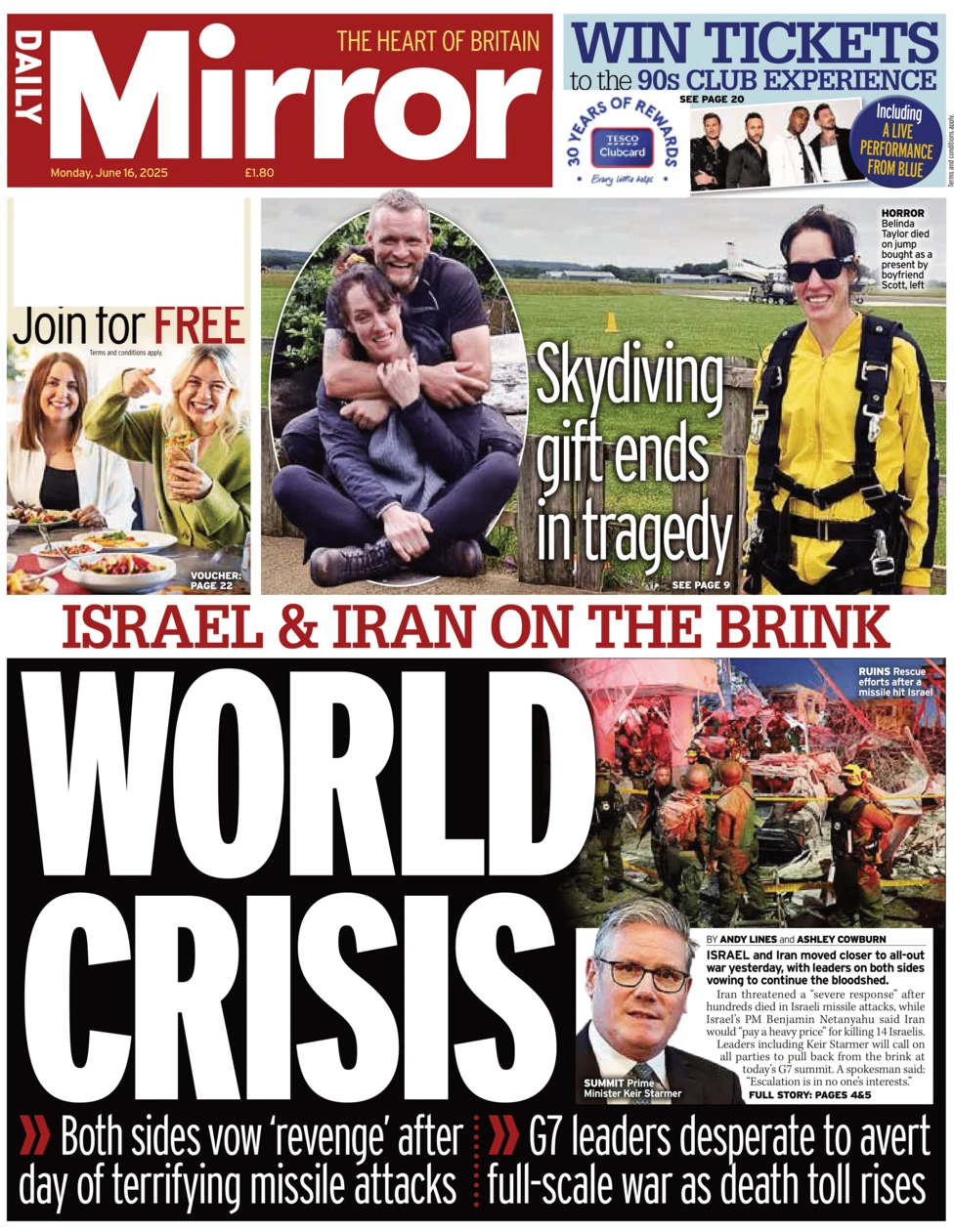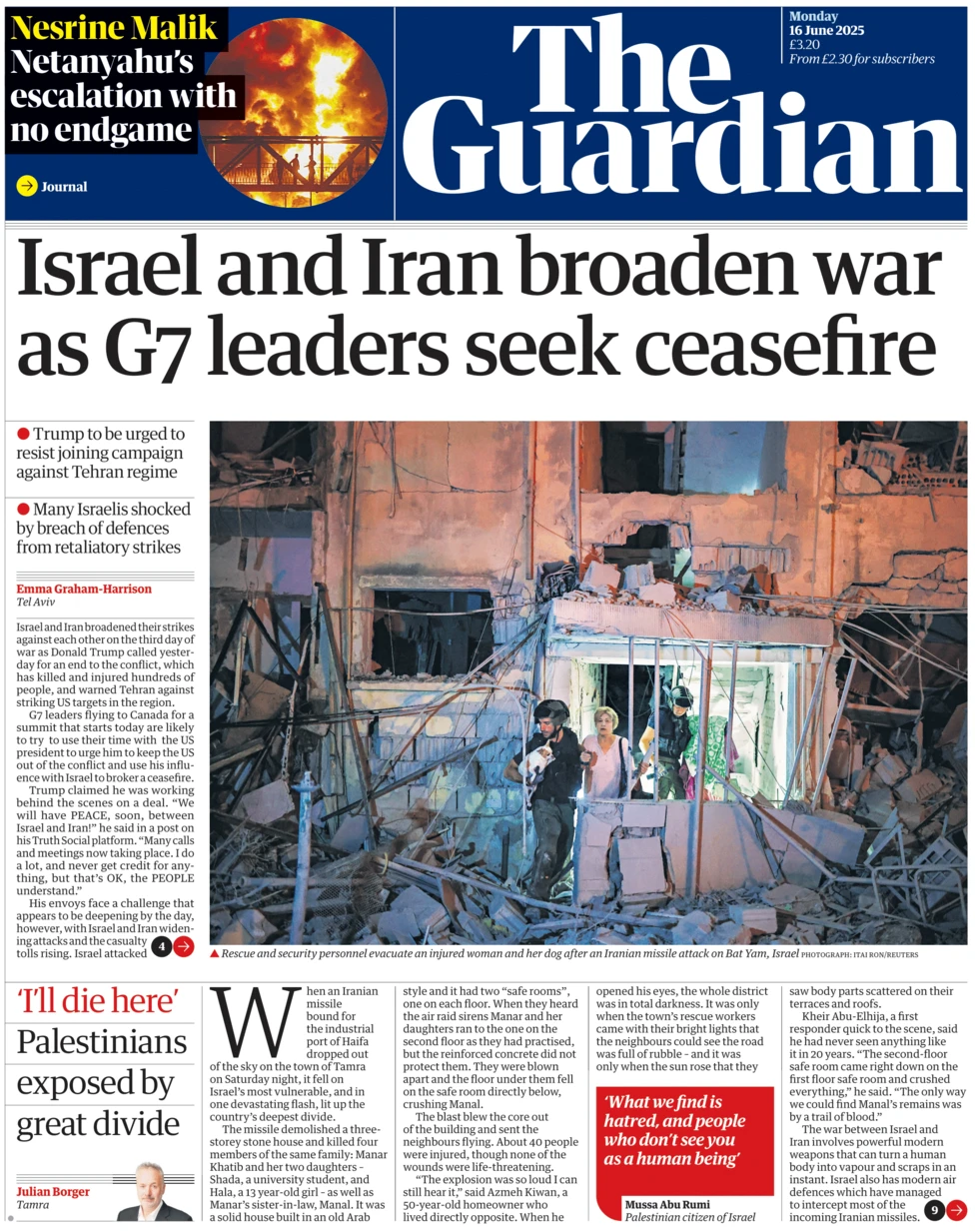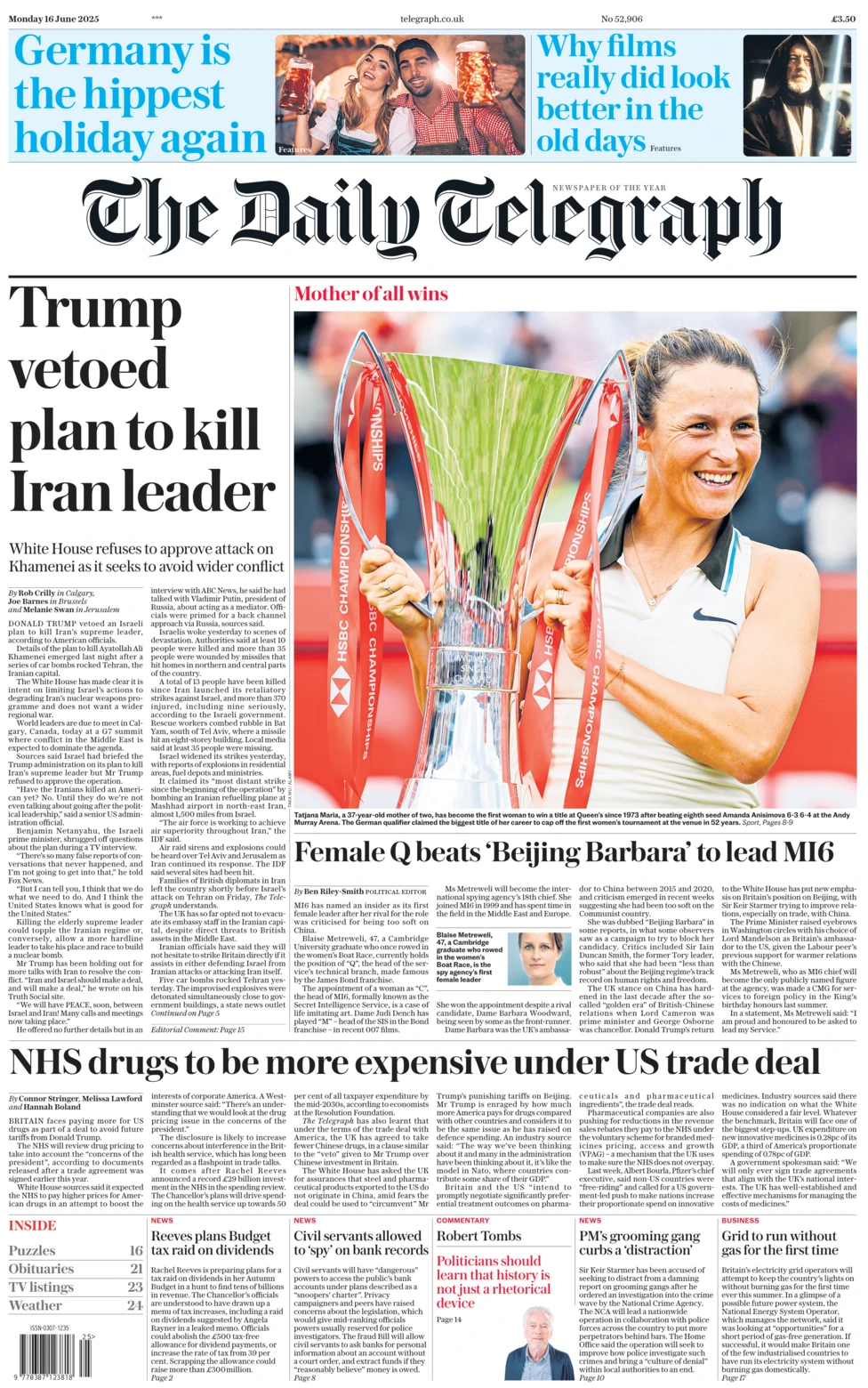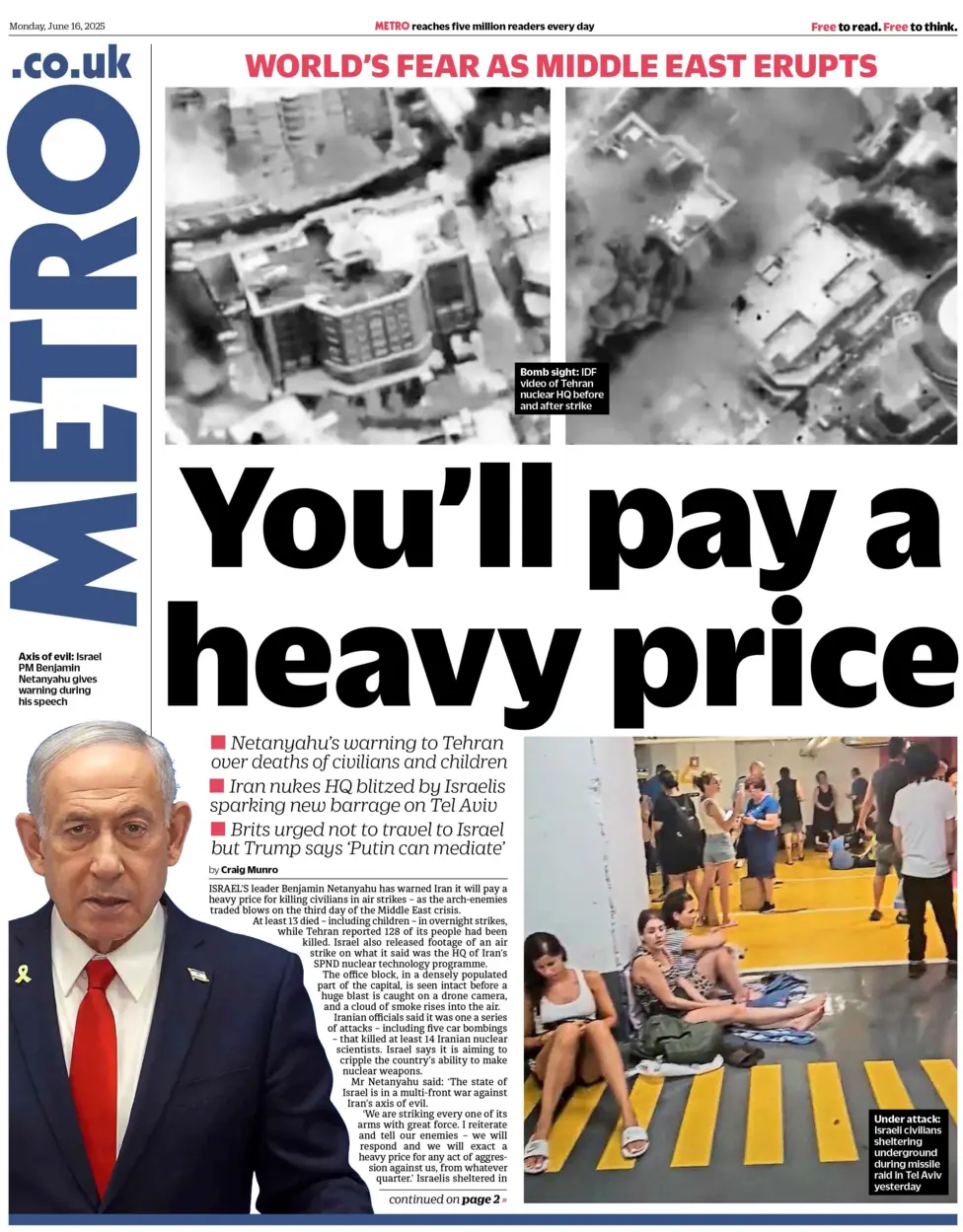Latest News
- Romania’s Finance Minister Nazare Supports EU Two-Speed Union Proposals
- Lando Norris branded ‘cocky’ as F1 legend makes brutal title showdown prediction
- Police arrest multiple suspects in Quentin Deranque killing in Lyon on Tuesday
- Ex-Chelsea star told he could reach ‘another level’ by joining Manchester United
- France arrests four suspects in death of far-right activist in Lyon
- Arsenal urged to sign ‘special’ £82m star ahead of Chelsea: ‘He’s got everything’
- US Ambassador Bill White meets Belgium’s Foreign Ministry amid controversy
- Six Arrested After Man’s Hand Severed at House Party





